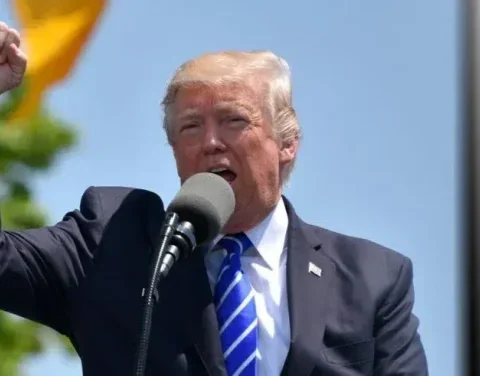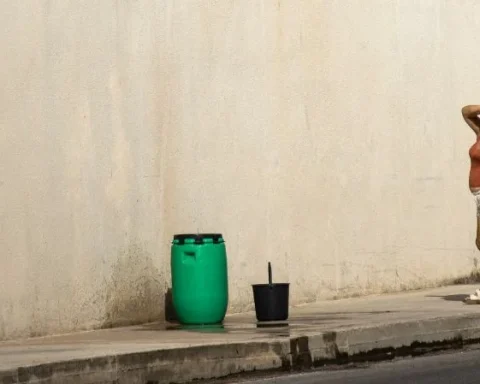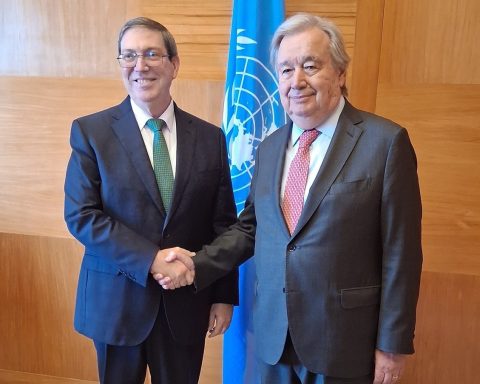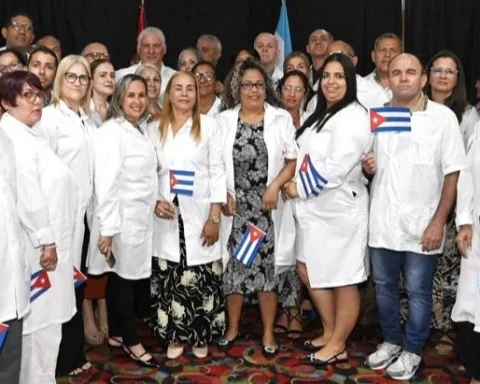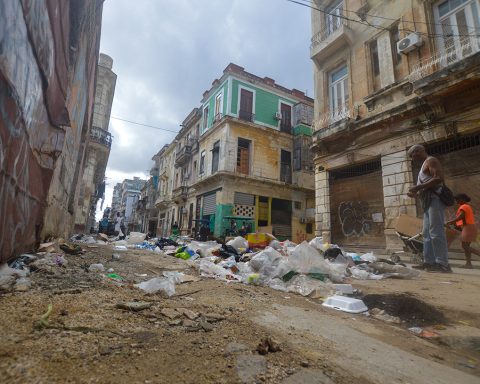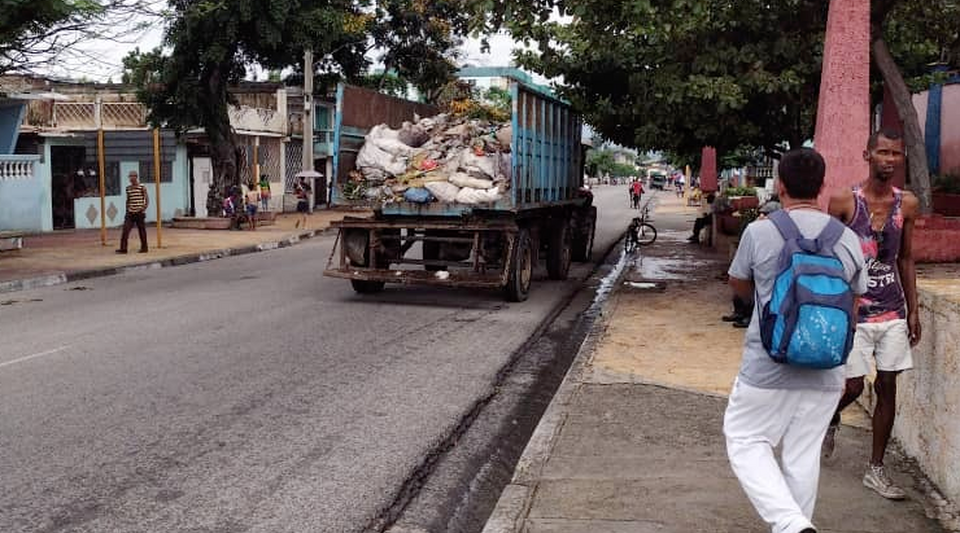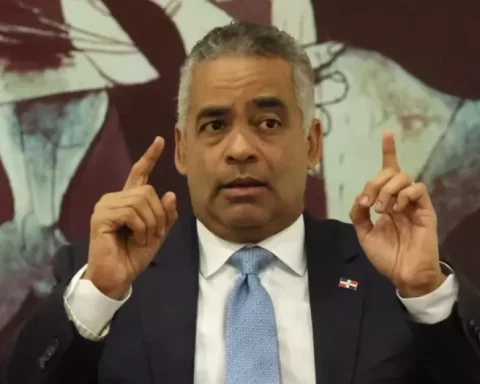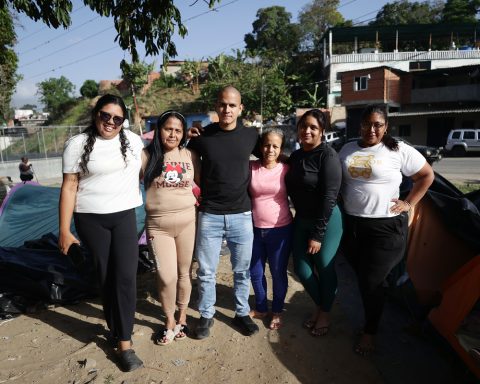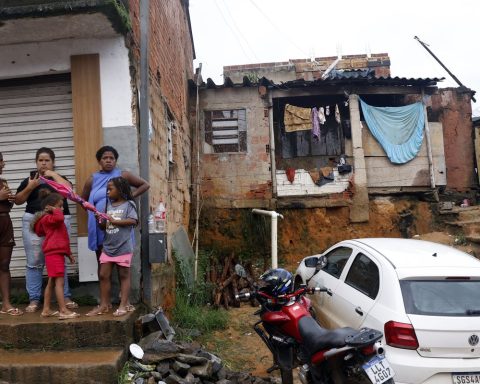On January 27, 2023, the immigration authorities stopped the process that made it possible to acquire residence in the country in a short time. Around 10,000 affected are Cubans.
Not only to the north do Cubans emigrate. For years there has been another marked route: from Havana to Port of Spain, Jamaica or Panama. Then to Guyana. Miles of jungle leading south. It will follow some tributary of the Amazon, perhaps. Stopover after stopover, by air, crossing the giant Brazil. Cars that complete the puzzle of the roads.
Rivera, in Uruguay, is the goal. Key word: “refuge”. And the door opens. “Thank you Uruguay!”
The temporary protection of the refugee application
By law, in Uruguay any person who shows up at a border point can request refuge, and the State must process their request. Meanwhile, the applicant for this status has the right to join society and make life in the territory.
In approximately one month, the refugee applicant will obtain the identity card and, with it, access to the labor market, rental housing, affiliation to public or private health, among other benefits.
However, the formalization of the application will occur when the applicant presents to the authorities of the National Directorate of Migration, the Permanent Secretariat of the National Refugee Commission (Core) or the Ecumenical Service for Human Dignity (SEDHU) a file with information about the reasons that made you leave your country of origin.
Very few Cuban asylum seekers will decide to start the process: in 2022, from January 1 to May 31, only three Cuban nationals were recognized as refugees by the Core. 85% of the requests were denied, for having alleged causes of economic precariousness instead of political conditions.
For this reason, the majority of Cuban refugee applicants decide to take advantage of the temporary protection offered by the State and start a new procedure that opens doors to a residence: the visa request at a Uruguayan consulate on the border.
Since January 27, 2023, this procedure has not been working as before. And the affected Cuban community has been impatiently waiting for a solution.
Paisanos: from vox populi to legal evidence
Yordanis Carbonell, lawyer and president of Paisanos, a simplified stock company, agreed to talk with OnCuba and explain what happens to Cuban asylum seekers in Uruguay.
What procedure did Cubans initiate before January 27, 2023 to change the immigration status of a refugee applicant?
Before January 27, 2023, Cuban citizens who had entered the country by land, once they could demonstrate economic subsidy and other requirements, went to any of the Uruguayan consulates on the Brazilian borders and from there requested a tourist visa to enter. to Uruguay.
In this way, if the visa was approved, they made a change of immigration status. Thus, they waived their refugee claim and entered the country with a tourist visa stamped in their passport; because Uruguayan immigration laws establish that travelers who enter the country in a regular situation [con visa uruguaya] They can apply for residency.

Why are visa applications at the Uruguayan consulates on the border on standby?
The authorities begin to demand an entry stamp in Brazil, which should have been stamped when the traveler traveled through that country on his journey.
The stamp would serve to legitimize the passage between Guyana and Brazil. Most of the Cuban community was unaware of the possibility of stamping the stamp, and they did not look for it.
But it was never a requirement. Doesn’t the regulation exonerate refugee applicants who entered the country before the date it was established?
There are hundreds of Cubans who arrived in Uruguay in 2022 and who had a turn at the consulates to regularize their situation. They have recently received the cancellation of the appointment. We would have to wait for the authorities to rule.
What consequences would it have for these people if there is no official pronouncement in the immediate future?
The Uruguayan State has no interest in deportation. He has been quite emphatic on the matter and has assumed it as a policy. On that side, our countrymen should be calm.
Would applying for refugee status, for example, be a solution?
Most Cubans enter requesting refuge for economic reasons, which it is not contemplated in Immigration Law. In International Law there is political asylum and political refuge, both are very common.
Cubans have been demanding unrecognized protection. And countries cannot create immigration law regulations from one day to the next.
What alternative has Paisanos found to continue the visa application process at the border?
Well, the alternative is not found by us. The alternative already existed. It was the community that showed us the way.
The first thing is to go to the Brazilian embassy, on Avenida 18 de Julio, and apply for a Brazilian visa. They demand certain requirements: round trip ticket, financial means, valid passport, among others.
In addition, the visa has a cost of 4,080 UYU (U$S 102), and it can be granted or not.
In the event of a positive response, Cubans should contact the Uruguayan Consulate in Bagé on the border, the only one that is carrying out the process. And once these and many other requirements are sent by email, they make an appointment.
Here begins the change of refugee applicant status that we explained before.
Can Cuban asylum seekers leave the borders of Uruguayan territory without implications for their permanence?
The most important thing to safely enter and leave Uruguayan territory is to request a re-entry permit from an Immigration Inspectorate. It costs about 1285.59 UYU (U$S 32.9) and is valid for one year. In this way, they are taking care of the status of refugee applicants, which allows them to continue living in Uruguay.
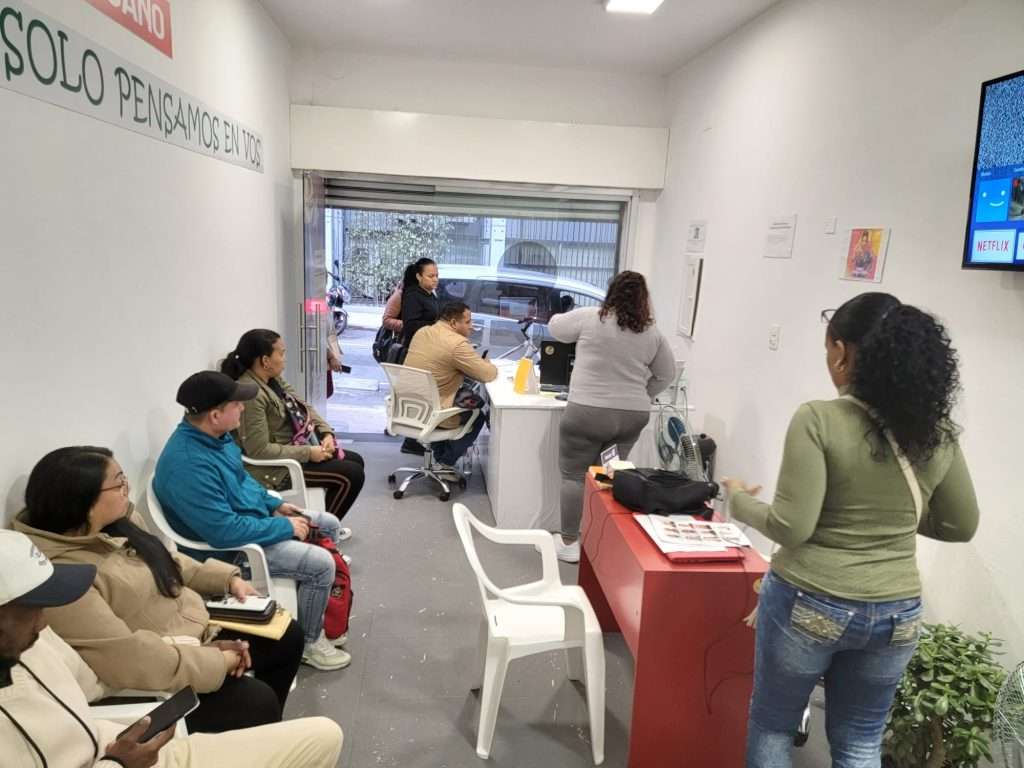
***
“I don’t want to continue losing my daughter”: the uncertainty of residence for Cuban refugees
“We left Cuba on December 21, 2021 for Guyana. We didn’t really know where we were going. We spent four months in that country and then we continued our journey.
“We requested refuge in Uruguay on April 21, 2022. We quickly found work, but we started in the black.
“To start the process of changing immigration status, they required the last three blank work receipts. When we finally managed to have them, I called to make an appointment and they gave us an appointment for April 2023. But in January the bad news arrived. They canceled everything.”
Amelia is a 35-year-old girl who trusted in the well-known speed of residency procedures in Uruguay for Cubans. Everything was calculated: her 14-year-old daughter was left in charge of her grandmother, because everything would be fine in just over a year.
“No time is good to leave your children. My girl is already 15 and I was not there. Journalist, I don’t want to keep losing my daughter!
“And if I had come before? If she had started the paperwork earlier? If he hadn’t had all those setbacks… ”; are the questions that torment her.
Cubans on the edge, legal limbo?
José, a young doctor, arrived in Uruguay in August 2022 and from the second month of his stay he found a job in a leading escort services company.
“I needed to work legally for three consecutive months. And collect enough money to pay for round trips to Brazil, where the change of immigration status begins, pay for the visa, obtain, legalize and apostill all the documents in Cuba: birth certificate, criminal record and marriage …
“I also allocated money for legalization here and to transfer the games to the Uruguayan format. In addition, I had to pay for the residency appointment and the appointment to change the ID. I think I have spent 16 thousand Uruguayan pesos (U$S 400). I haven’t really kept track.”
José was fortunate to find a job and to be able to quickly start his process. However, others have not had the same luck:
Alberto has lived in Santa Rosa, Canelones, for five years; and he continues as a refugee claimant. His identity card has expired, since he has exhausted all renewal possibilities provided by law.
The first and second certificates have a duration of two years and Alberto agreed to this benefit. Then, the authorities assess whether it is possible to grant a new period of one year, to complete the pending residency.
“I am afraid of being undocumented. They gave me the papers to renew the ID. But when I went to take it out, they refused my request. They said they would give it to me when I’m a resident. And now I feel that I am tied hand and foot.
“I can’t leave here either: my 4-year-old son needs me. I am struggling and I work in the fields, and I work on whatever it is because I don’t want to leave.
Most of his jobs have been illegal, which is why he was never able to demonstrate economic solvency, a key requirement to start the residence process in Uruguay.
Alberto is on the edge. His identity card has expired and apparently the authorities have not made it clear to him if he has fallen into the “immigration limbo” that everyone began to fear with the rule change on January 27.
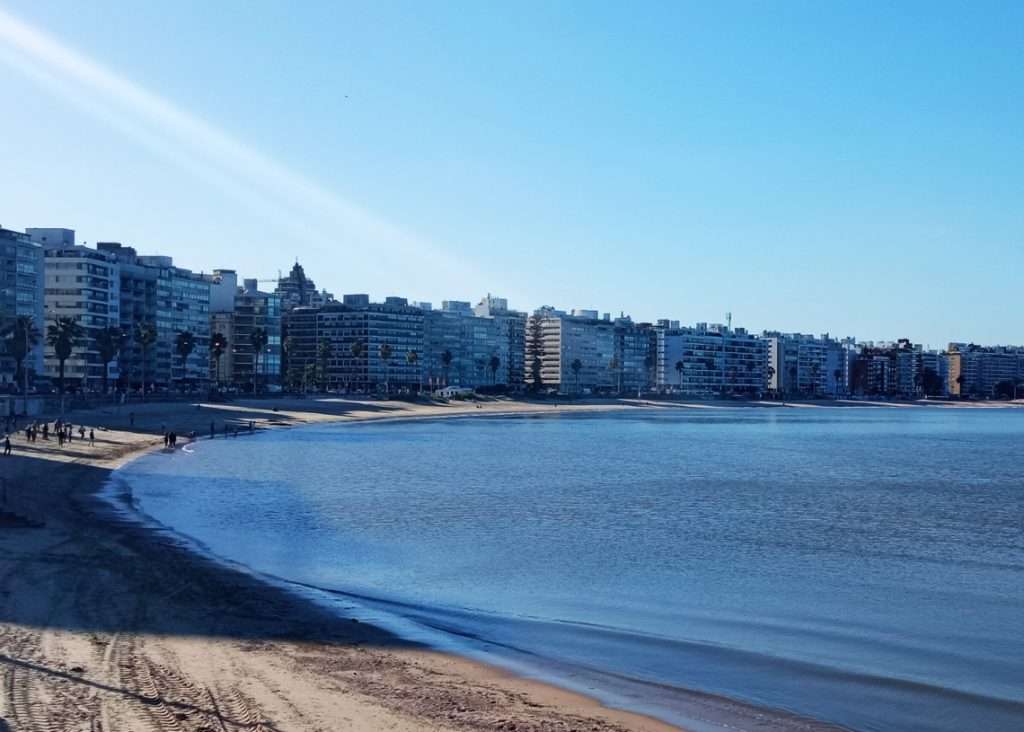
Will there be a new exception, like during the pandemic, that allows Cubans to regularize?
On March 13, 2020, the Uruguayan government declared the country in a state of health emergency. As a result of the package of measures, all procedures were put on hold.
After months without news, in the second half of 2021 the Uruguayan authorities determined that refugee applicants who were in the process of changing their immigration status (those who entered the country between January 11, 2018 and August 10, 2021) could do so without the need for a visa to enter the country; that is, without going to the Brazilian border.
Now, that the process that opens the doors to Uruguayan residence has been stopped again, around 10,000 Cubans await another exception that offers them the possibility of regularization.
“The State’s intention is to find a substantive solution” and “the issue is being worked on” are lines that can be read frequently in Uruguayan newspapers.
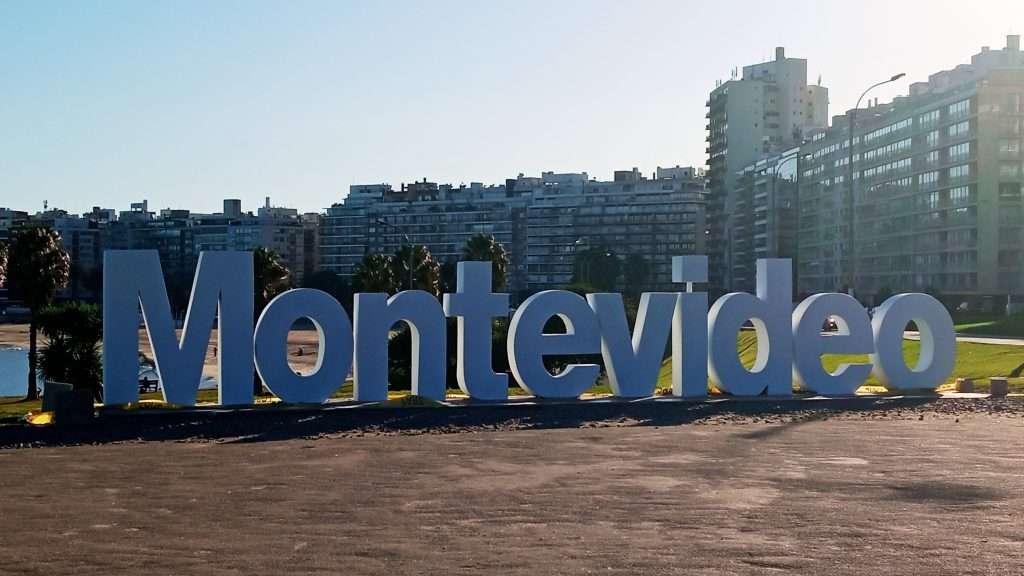
The State recognizes that the flow of Cubans to Uruguay does not represent a modest number. According to statistics from the National Directorate of Migration, in 2017 there were 4,577; in 2018, 12,648; in 2019, 19,925; in 2020, 9,000; in 2021, 2,887 and the latest number on record: January and February 2022, is 1,454.
Although it is true that the migratory movement towards the United States or Europe is considerable, the number of Cubans is also growing in the south of the American continent. They have ceased to be a community of passage to settle, found and be part of the construction of the land that welcomes them.
